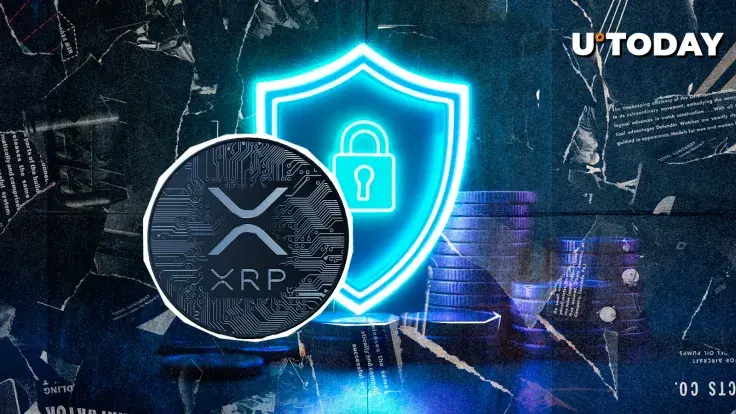
American entrepreneur Jason Calacanis, who is widely known as one of the most prominent angel investors because of his early bets on Uber, Robinhood and other companies, has lambasted the Ripple-affiliated XRP token as "a centralized controlled security."
"According to every crypto OG I talk to, it's the opposite of Bitcoin," he said.
The 54-year-old investing legend has predicted that the potential approval of spot XRP exchange-traded funds will render securities laws worthless.
In fact, Calacanis believes that the launch of XRP ETFs could result in full-blown "chaos" that could threaten the country's "stable and controlled" markets. "There will be chaos in the markets as a million startups, funds and grifters start dumping 50% of their coins on retail while slowly selling the 50% they own and control," he said.
Calacanis has stated that XRP should only be available to sophisticated investors, who should be aware of how "dangerous" such projects are.
Meanwhile, an XRP ETF has a 78% chance of being approved this year, according to Polymarket users.
Centralization concerns
The XRP Ledger has long attracted strong criticism from naysayers due to centralization concerns.
As reported by U.Today, Ripple CEO Brad Garlinghouse recently stated that the company owns roughly $100 billion worth of XRP tokens.
At the same time, XRP proponents argue that the network is neutral and decentralized. Ripple has also compared the token to oil and diamonds.
XRPL transactions are processed by a list of "trusted" validators on unique node lists (UNLs). As of now, there are 187 validators on the registry.
Earlier this month, XRPL attracted fresh criticism after briefly halting block production.

 Dan Burgin
Dan Burgin Vladislav Sopov
Vladislav Sopov